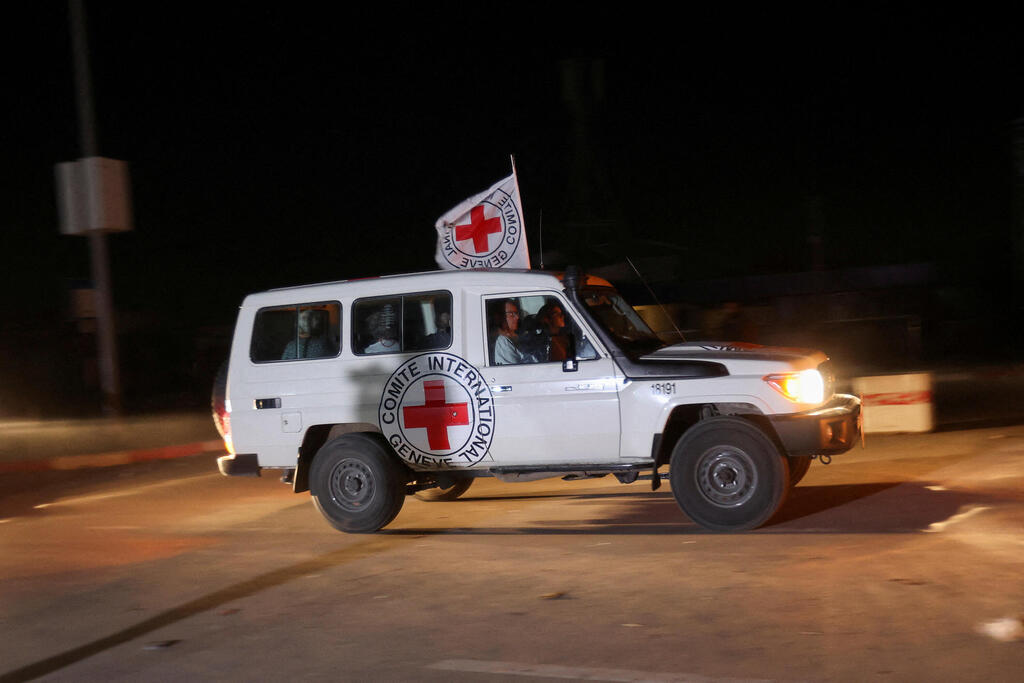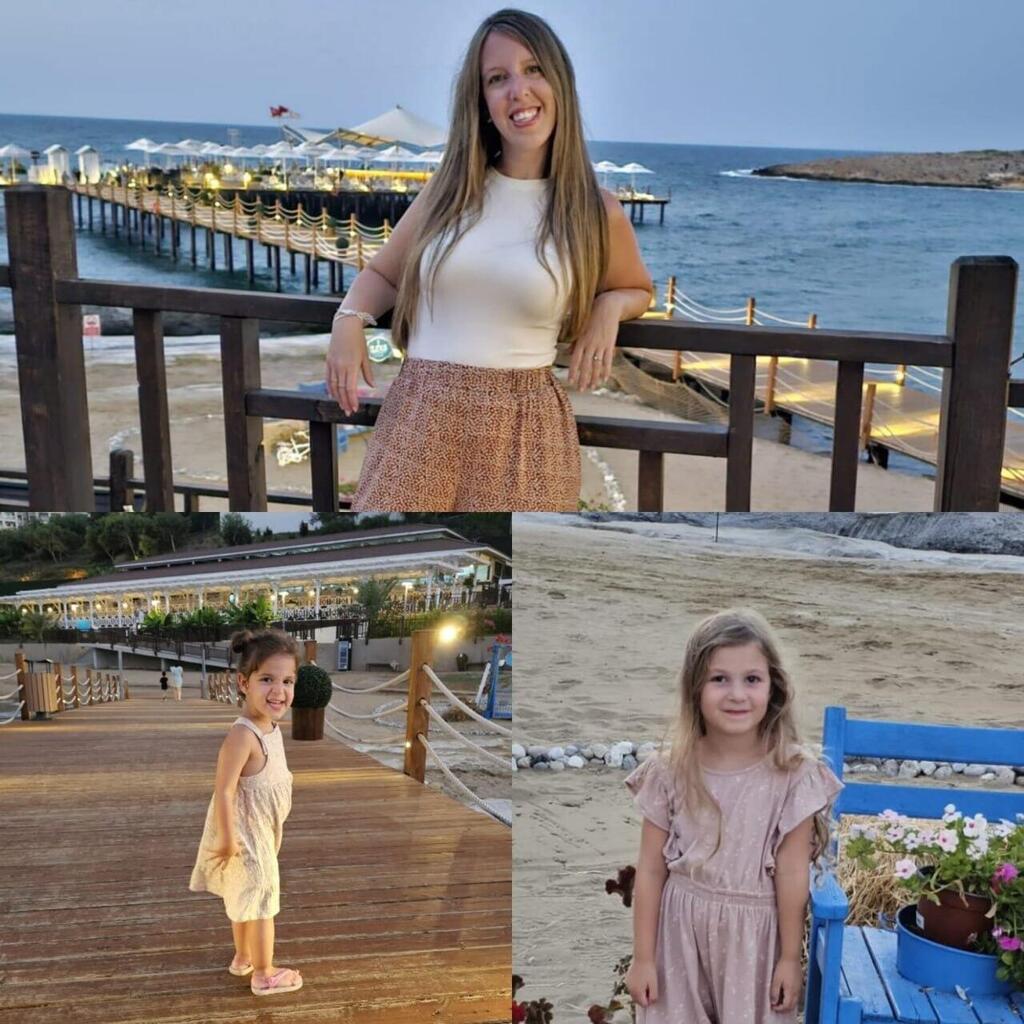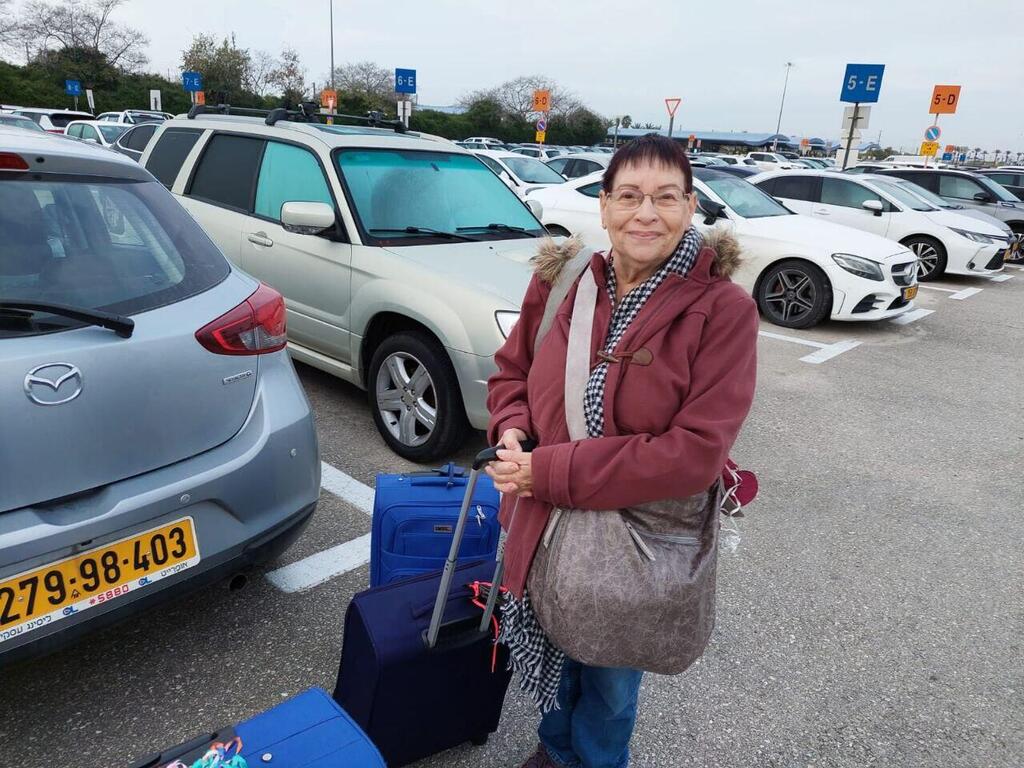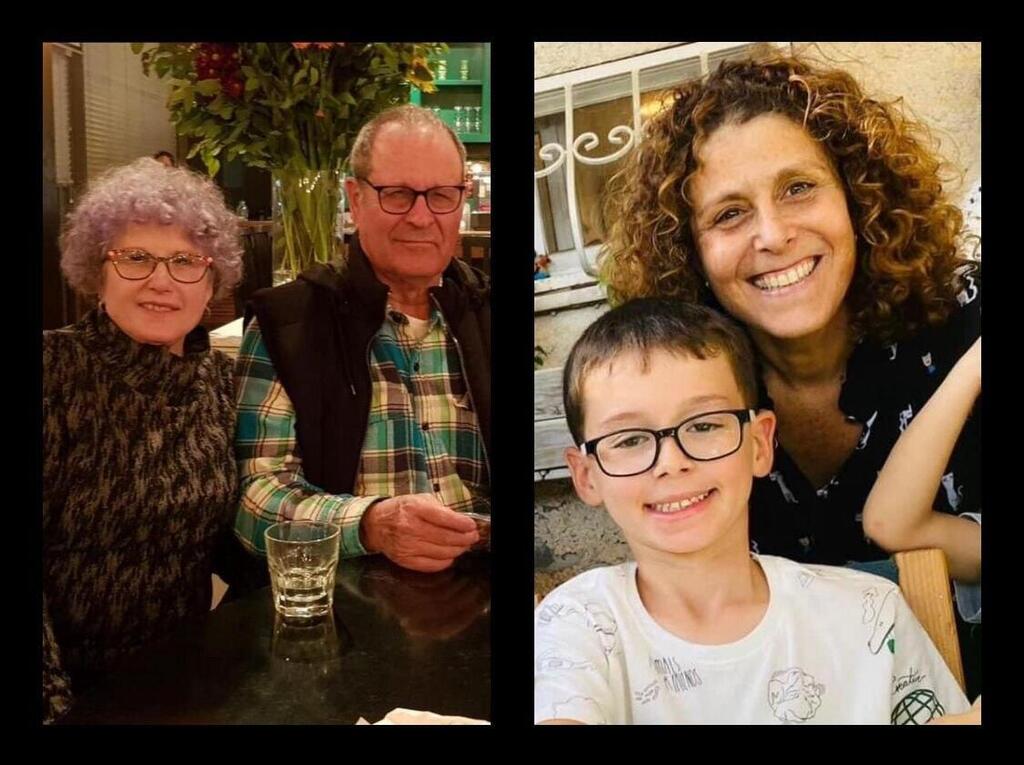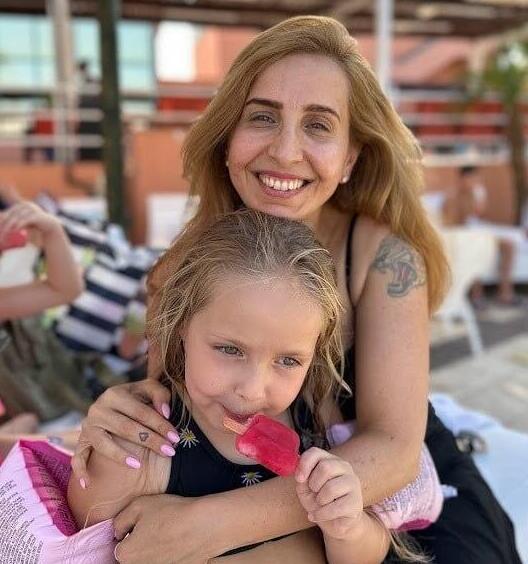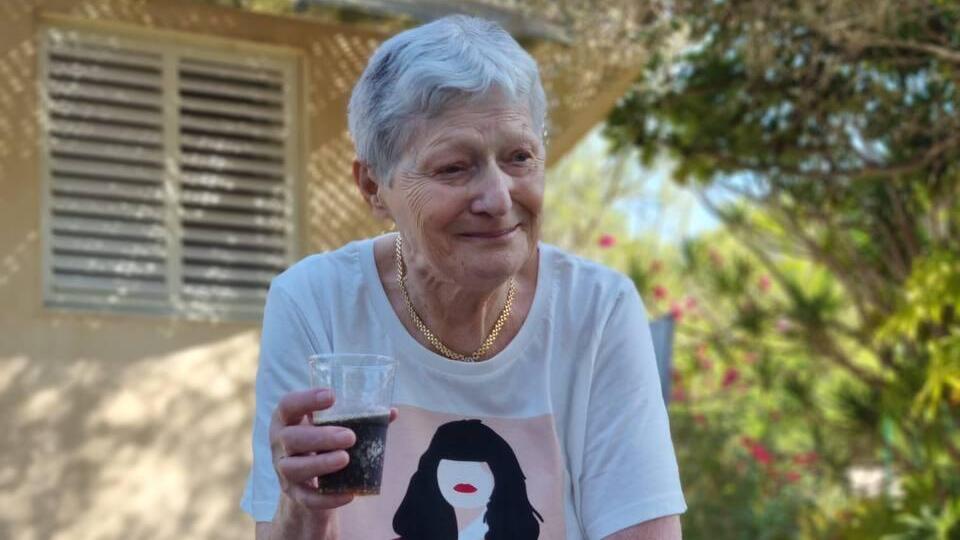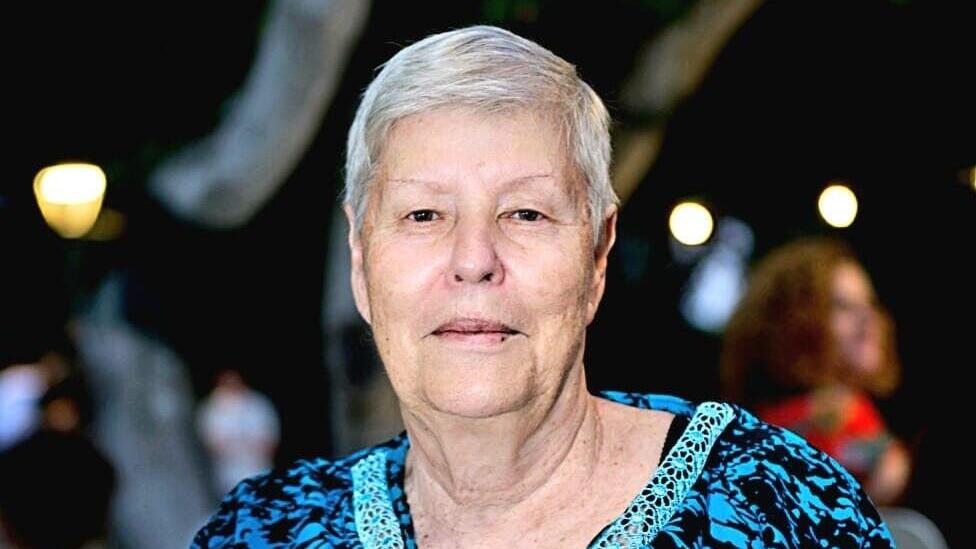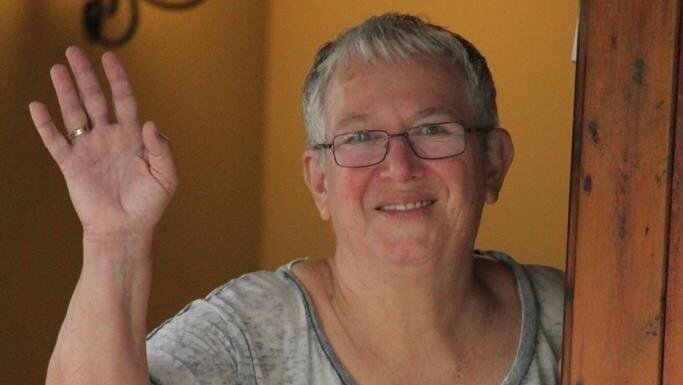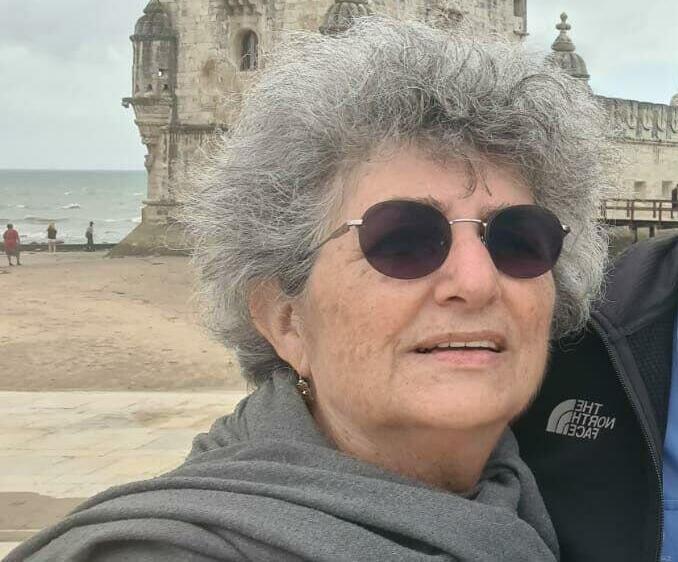Getting your Trinity Audio player ready...
After 48 days in captivity, 13 Israeli hostages and 12 Thai hostages, including Margalit Mozes, 78; Adina Moshe, 72; Yaffa Adar, 85; Daniel Aloni, 44; Emilia Aloni, 6; Hanna Katzir, 77; Ruthy Munder, 78; Keren Munder, 54; Ohad Munder, 9; Channa Peri, 79; Doron Katz Asher, 34; Raz Katz Asher, 4, and Aviv Katz Asher, 2, were released by their Hamas captors and brought home in the first of four days.
More stories:
Some 50 hostages in total are set to be freed during a four-day pause in the fighting in Gaza, negotiated by Qatar, Egypt, and the United States, that will also include the release of 150 Palestinian prisoners, 39 of whom were released Friday.
The IDF provided four choppers to await their arrival in Egypt, and furnished them with kits containing earphones suitable for children, to ease their flight home and provide them with some sense of security and quiet. Toys were also placed on the choppers to be given to the children.
The International Committee of the Red Cross (ICRC), which has taken part in ensuring the Israeli captives are delivered to Israel as part of the deal, said on Friday in a statement that it has prepared for the extensive five-day operation ahead of time.
Prime Minister Benjamin Netanyahu congratulated the return of the Israeli captives, saying "We've completed the first step in returning our hostages. Women, children, and their mothers. Each and every one of them is a world unto themselves."
Minister Benny Gatz joined Netanyahu's words, saying, "All of Israel is feeling mixed emotions today. Happiness and relief for every soul we save, along with pain and sadness for those who didn't return today. We'll continue to fight until every one of them returns home."
“The deep pain that family members separated from their loved ones feel is indescribable. We are relieved that some will be reunited after long agony,” said Fabrizio Carboni, the ICRC’s regional director for the Near and Middle East. “Our deep desire is for all hostages to be released, and that civilians be shielded from the pain and suffering that armed conflict brings.”
However, the ICRC's statement had no mention of the Red Cross' intention to visit Israeli captives still being held by Hamas in Gaza, a term that Prime Minister Benjamin Netanyahu said was part of the deal with the terrorist organization prior to its finalization.
11 View gallery
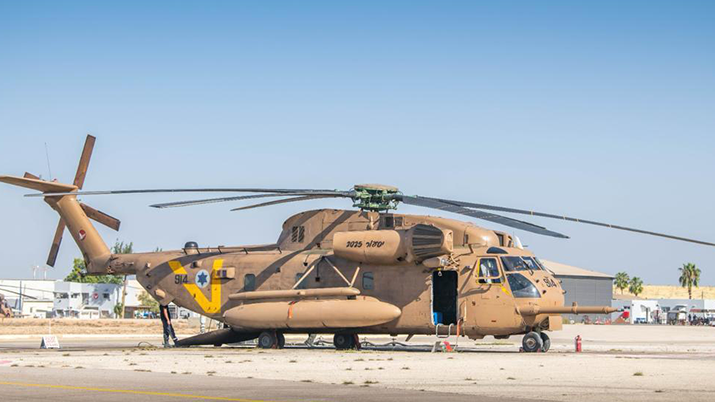

Israeli helicopter prepared to deliver Israeli captives from Egypt
(Photo: IDF Spokesperson's Unit)
Humanitarian aid including fuel began flowing into Gaza as part of the negotiated deal despite Israeli concerns that it would be used by the Hamas terrorists to continue to run their war machine. At least 90 trucks carrying aid, four of them bringing fuel into the Strip, crossed through the Rafah border crossing with Egypt and a similar amount was expected on each day of the truce.
During the assault by Hamas terrorists on Israel and the massacre that ensued, over 240 hostages were abducted to Gaza. Only three were released by Hamas and one was freed in an IDF operation.
11 View gallery
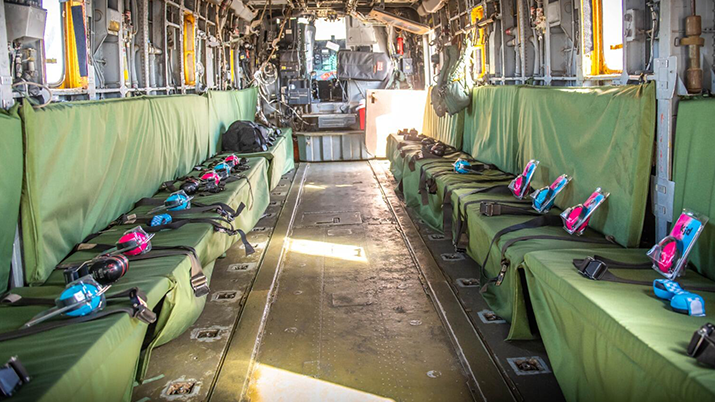

Earphones, toys prepared for the children released from Hamas captivity on Friday
(Photo: IDF Spokesperson's Unit)
The deal that was negotiated to secure the release of the women and children held by Hamas in Gaza, included the possibility of more hostages being freed in six additional days of a ceasefire that would allow Hamas to regroup and rearm. The government accepted the deal with the approval of the security services, out of its commitment to return the hostages. Prime Minister Benjamin Netanyahu vowed the war would go on until Hamas is defeated and eliminated as a ruling and military power in Gaza.



